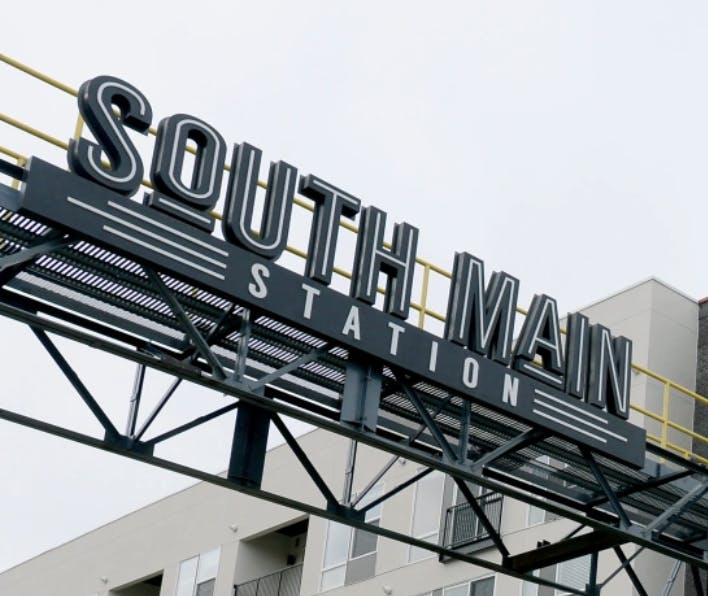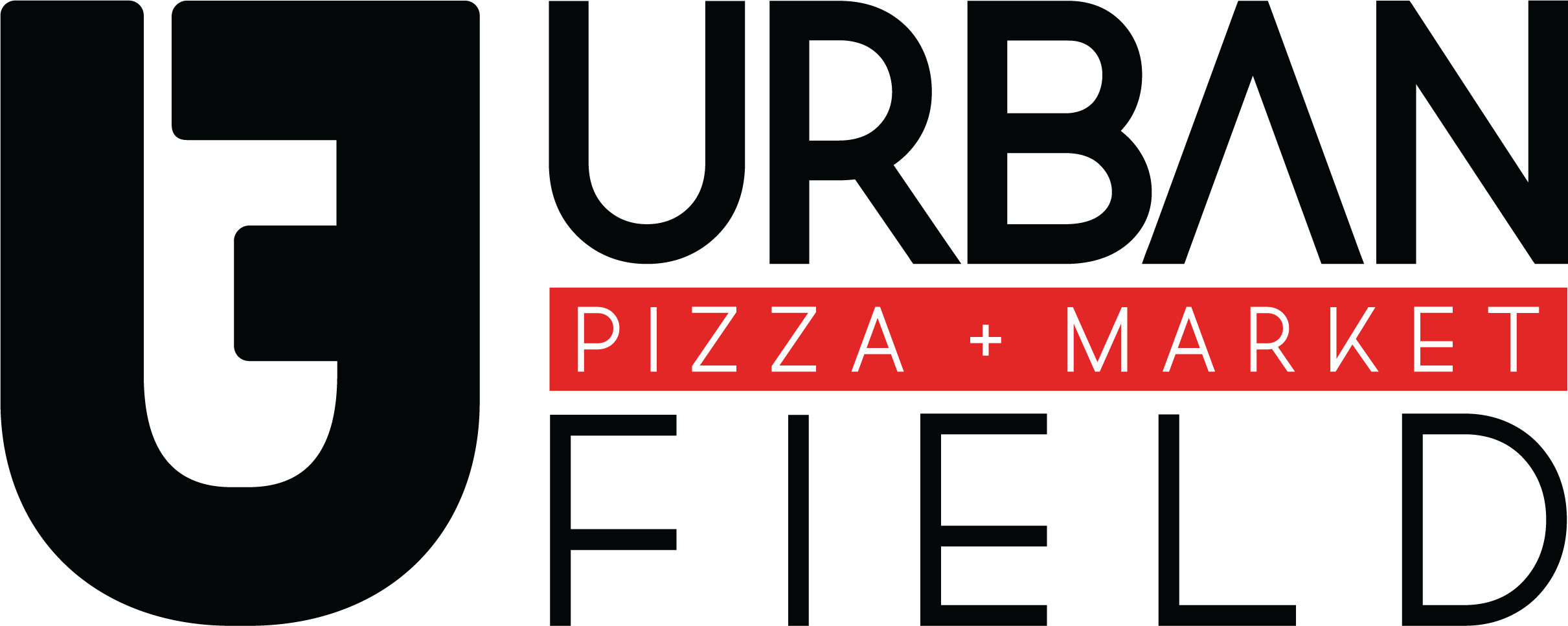#2: Finding Home

Brian Bair, the Principal of Mass Equities, was envisioning a neighborhood similar to the RiNo District in Denver when he invested more than $100 million developing 12 acres fronting Main Street, Emery and 2nd Avenue. Located in the recently named Slope neighborhood, South Main Station is the first large-scale, urban apartment community in Longmont and will consist of more than 500 residential units and 50,000 square feet of commercial and retail space. “I had a vision of creating a community, a neighborhood,” he told the Colorado Real Estate Journal.
Despite the area’s disjointed streets and alleyways, its empty lots, the blaring train nearby, others believed in this no man’s land on south Main before Brian. In 2012, the White family moved Cheese Importers into the diesel-fueled power plant built in 1931 across the street from what would eventually become South Main Station. Dan and Jean Ditslear were next with 300 Suns Brewing in 2014. A year later, Ryan and Robin Wibby opened Wibby Brewing. A year after that, Sean Gafner, owner of The Roost, installed Jefes Tacos and Tequila. These are just a few of the folks investing in the neighborhood.
These business leaders—their visions, their creativity, their teamwork and partnership—are why we chose 2nd and Main Street in Longmont for Urban Field. There’s a fledgling community awakening on south Main, and we want to help build the neighborhood. If the pandemic taught us anything in the restaurant industry, it’s that we need each other. Because our landscapes are impermanent, roots are our best chance to hold steady when conditions around us deteriorate. We believe in the Slope community because its roots are genuine, organic, deep, and intertwined, and that means everything in our business—especially now. Restaurants have never been under greater threat, and the pandemic isn’t even the main reason why.
Prior to Covid-19, the restaurant boom read like a gold rush. Not only were restaurant jobs growing quicker than the overall economy and had been for nearly a decade, spending at food and beverage establishments was soaring twice as fast as all other retail spending. But as industry revenue grew and consumer spending exploded, the average restaurateur was inexplicably witnessing a steady decline in the number of butts in seats for lunch and dinner services. The only service seeing an increase in foot traffic was breakfast. Years ago, The Onion ran an article with the headline: “New Starbucks Opens in Restroom of Existing Starbucks.” That’s how it was in the restaurant business during its Golden Age. In Denver, an astounding 200-250 new restaurants opened every year from 2013 – 2019.
As the pandemic approached, not only was market competition impossibly fierce for restaurants, it was simply too expensive to be in business. Commercial rents were reaching untenable levels. The price of food was sky-rocketing due to floods and heat waves. From labor to utilities to the compostable box used to transport your leftovers home, the cost of being in business was soaring.
And it gets worse. Most folks see a bustling restaurant and assume the owner’s raking it in. Sure, golden-goose restaurants exist, but the majority fall victim to razor-thin margins because 95 cents of every dollar spent in an eatery simply covers the cost of the workers, the facility, the food, the drink. At the end of the day in the restaurant industry, the ability to simply cash flow is a major accomplishment.
It was more terrifying to consider bringing our baby restaurant and market into this inhospitable business environment than it was to face an opening in the late hours of the pandemic. In the Slope neighborhood, we found our courage when we discovered a conversation in progress between neighbors, business owners, landlords, and the Longmont Downtown Development Authority about how to support each other while building a community with roots deep enough to weather any storm. We chose South Main Station for Urban Field because we believe this community and the Slope neighborhood will not only make Longmont proud but will become a destination for all of Boulder County.

